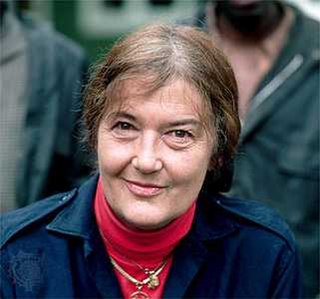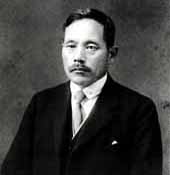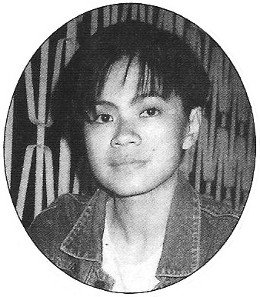A Quote by Georg C. Lichtenberg
What is called an acute knowledge of human nature is mostly nothing but the observer's own weaknesses reflected back from others.
Related Quotes
No matter how vast your knowledge or how modest, it is your own mind that has to acquire it. It is only with your own knowledge that you can deal. It is only your own knowledge that you can claim to possess or ask others to consider. Your mind is your only judge of truth - and if others dissent from your verdict, reality is the court of final appeal. Nothing but a man's mind can perform that complex, delicate, crucial process of identification which is thinking. Nothing can direct the process but his own judgment. Nothing can direct his judgment but his moral integrity.
Poor human nature, what horrible crimes have been committed in thy name! Every fool, from king to policeman, from the flatheaded parson to the visionless dabbler in science, presumes to speak authoritatively of human nature. The greater the mental charlatan, the more definite his insistence on the wickedness and weaknesses of human nature.
Human nature has its fatal weaknesses, but 'love' means embracing the whole of human nature, the bad within the good, the benign within the malicious, the beautiful within the tragic. 'Love' is the experience of this whole, its unfinished parts, including those of one's own in relation to those of the other.
By this we may understand, there be two sorts of knowledge, whereof the one is nothing else but sense, or knowledge original (as I have said at the beginning of the second chapter), and remembrance of the same; the other is called science or knowledge of the truth of propositions, and how things are called, and is derived from understanding.
The task of evolutionary psychology is not to weigh in on human nature, a task better left to others. It is to add the satisfying kind of insight that only science can provide: to connect what we know about human nature with the rest of our knowledge of how the world works, and to explain the largest number of facts with the smallest number of assumptions.
Judgment can be acquired only by acute observation, by actual experience in the school of life, by ceaseless alertness to learn from others, by study of the activities of men who have made notable marks, by striving to analyze the everyday play of causes and effects, by constant study of human nature.
A curiously interested observer sees a great deal, a scientifically interested observer is worthy of all honor, and anxiously interested observer sees what others do not see, but a crazy observer sees perhaps the most, his observation is more intense and more persistent, just as the senses of certain animals are sharper than those of man.
Only those are called liberal or free which are concerned with knowledge; those which are concerned with utilitarian ends... are called servile...The question is... can man develop to the full as a functionary and a worker and nothing else; can a full human existence be contained within an exclusively workaday existence? Stated differently and translated back into our terms: is there such a thing as a liberal art?



































